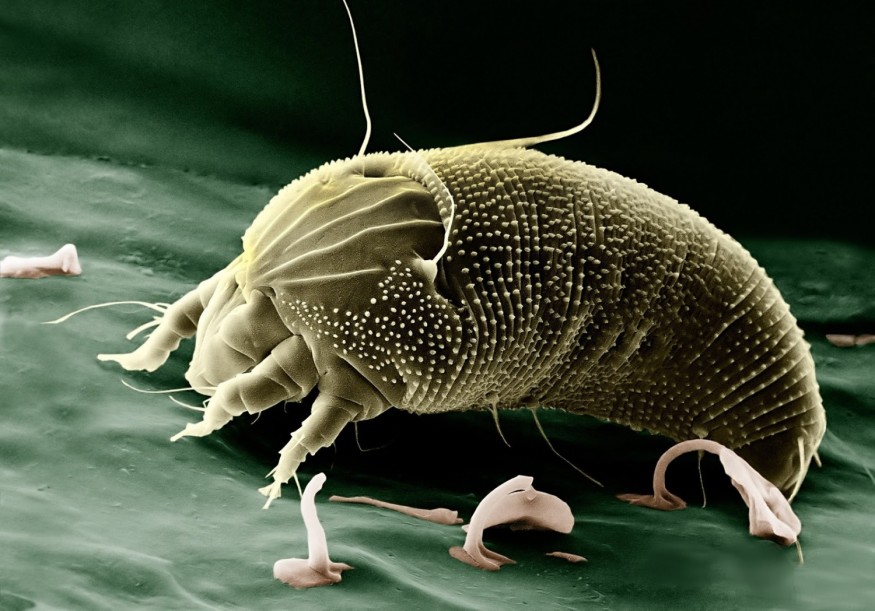
Sharing your home with over 500 different kinds of bugs? Most of these species of arthropods are merely enjoying the habitat of your home and won't cause any harm. However, some pests are harmful to your health; let's take a closer look at some of these.
Common Diseases Caused by Pests
Asthma and Allergies
Dust mites and cockroaches are two of the most common indoor pests that can cause allergies in humans. Dust mites live in mattresses, furniture, carpets, and curtains. They live off the dead skin shed by humans and pets. Although they are microscopic, the skin they shed and the fecal matter they leave behind cause allergic reactions in humans.
Cockroaches leave behind their exoskeletons, saliva, and feces as they crawl around through your house. These excretions can cause mild sinus or allergy symptoms in humans, as well as flare-ups for people with asthma.
Food Contamination
Rodents, flies, and cockroaches are the biggest culprits for spreading germs when it comes to the food in our homes. The bacteria from these pests can lead to salmonella spreading, dysentery, and gastroenteritis. Diarrhea, vomiting, and stomach cramps are symptoms of food poisoning and can be severe if not treated correctly.
Rare Diseases Caused by Pests
Hantavirus
The Hantavirus is a rare but deadly virus that spreads through mice secretions. Deer mice are mostly responsible for spreading this disease, but it can also spread through other species of mice and rats. This virus is known for spreading in rural areas, but if you go camping, hiking, or spend time in a holiday cabin, you should be aware of the possible risk and symptoms of getting infected.
Weil's Disease
The Leptospira bacteria spread through the urine of mice and rats that contaminate water. Humans can get infected when the contaminated water enters through their nose, mouth, eyes, ears, or open skin.
Although this disease is more likely to be found in farming environments, if you have water or sewage problems in your house, it could pose a risk to your health. People who take part in outdoor water activities should also be aware of the symptoms associated with Weil's Disease.
E-coli, Listeria, and Pneumonia
Birds are not necessarily a home pest, but their unattended droppings outside your house can cause health problems. Bird droppings in water can cause it to become contaminated with E-Coli and Listeria bacteria. Dried bird droppings can turn into dust
Prevention Strategies
There are simple tasks you can do at home to prevent these critters and pests from making themselves at home in your space.
Outdoor Tasks
Do regular inspections on the external condition of your house. Look for any holes or cracks that can give access to the inside of your home. Checking the utility pipes is an excellent place to start.
Check for rotten wood and termite damage and replace these with the correctly treated timber to prevent further damage to your house.
Make sure to clean the gutters from leaves and debris. Direct all water away from your house.
Examine your landscaping. Keep the grass short, and make sure that no tree branches, shrubs or other vegetation are directly next to your house.
Indoor Tasks
Discard garbage regularly into a sealed bin.
Clean the kitchen. Wipe the kitchen tops, don't leave out dirty dishes, and sweep the floor.
Vacuum carpets weekly.
Store pet food in sealed containers and keep the area where your pets eat clean. Treat your dogs and cats for ticks and fleas.
Do regular inspections for leaky pipes.
Prevention Is Better Than a Cure
Keeping these simple measures in mind during your household routines can improve your family's health and well-being and keep pests at bay. Navigate to this website again whenever you need some tips.
© 2025 NatureWorldNews.com All rights reserved. Do not reproduce without permission.





